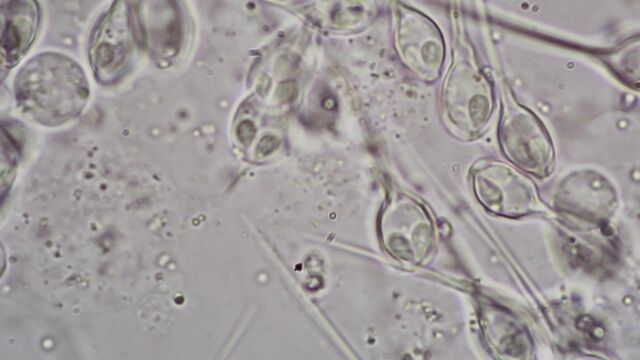MRS GREN has long been the acronym in which we can distinguish lifeand as we were all taught in school, everything including trees and fish requires oxygen to survive.
Discover our latest podcast
However, scientists have recently made the discovery of an animal that does not participate in aerobic respiration like the rest of us. In fact, it doesn't breathe at all.
The creature is a jellyfish-like parasite that lives abundantly amongst salmon. This parasite does not have a mitochondrial genome that is crucial to breathing. When life began 1.45 billion years ago an archaeon teamed up with a smaller bacterium and the two continued to develop together to produce mitochondria. These cells are found almost everywhere in your body and play a key role in the respiration process.

It is well known that there are single-celled organisms that participate in anaerobic respiration there has been almost no evidence of such a thing occurring in multi-celled organisms, until now.
This salmon parasite- Henneguya salminicola- attaches itself to a salmon by creating cysts in its skin. But, an unsavoury as a cyst covered salmon may sound the parasite is actually not at all harmful to the fish.
While this discovery marks a huge breakthrough one mystery still remains, how does this parasite carry out anaerobic respiration? Scientists are still trying to figure it out.















